Description
Did I pluck my images from your skin? Is it your moon I write about, your voice that pours through my tongue that seeps into my skin like soil following the seam in a stone? Part memoir, part ghost story, For My Father by Amira Thoron, examines the territory of grief and memory, its mysteries and silences. Through poems that are at times lyrical and at times spare, she explores what it means to be haunted by what you cannot remember or never knew.
Amira Thoron was born in Cairo, Egypt and raised in New York City and Martha’s Vineyard, Massachusetts where she spent summers with her paternal grandmother. She received her BA in English from Brown University and her MFA in Poetry from The New School. She lives in New York City and Martha’s Vineyard. FOR MY FATHER (Pleasure Boat Studio, 2014) is her first book.
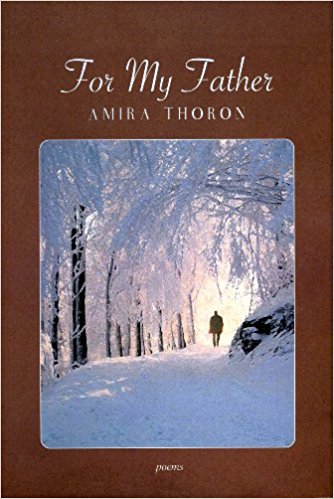
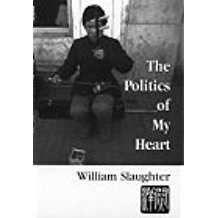
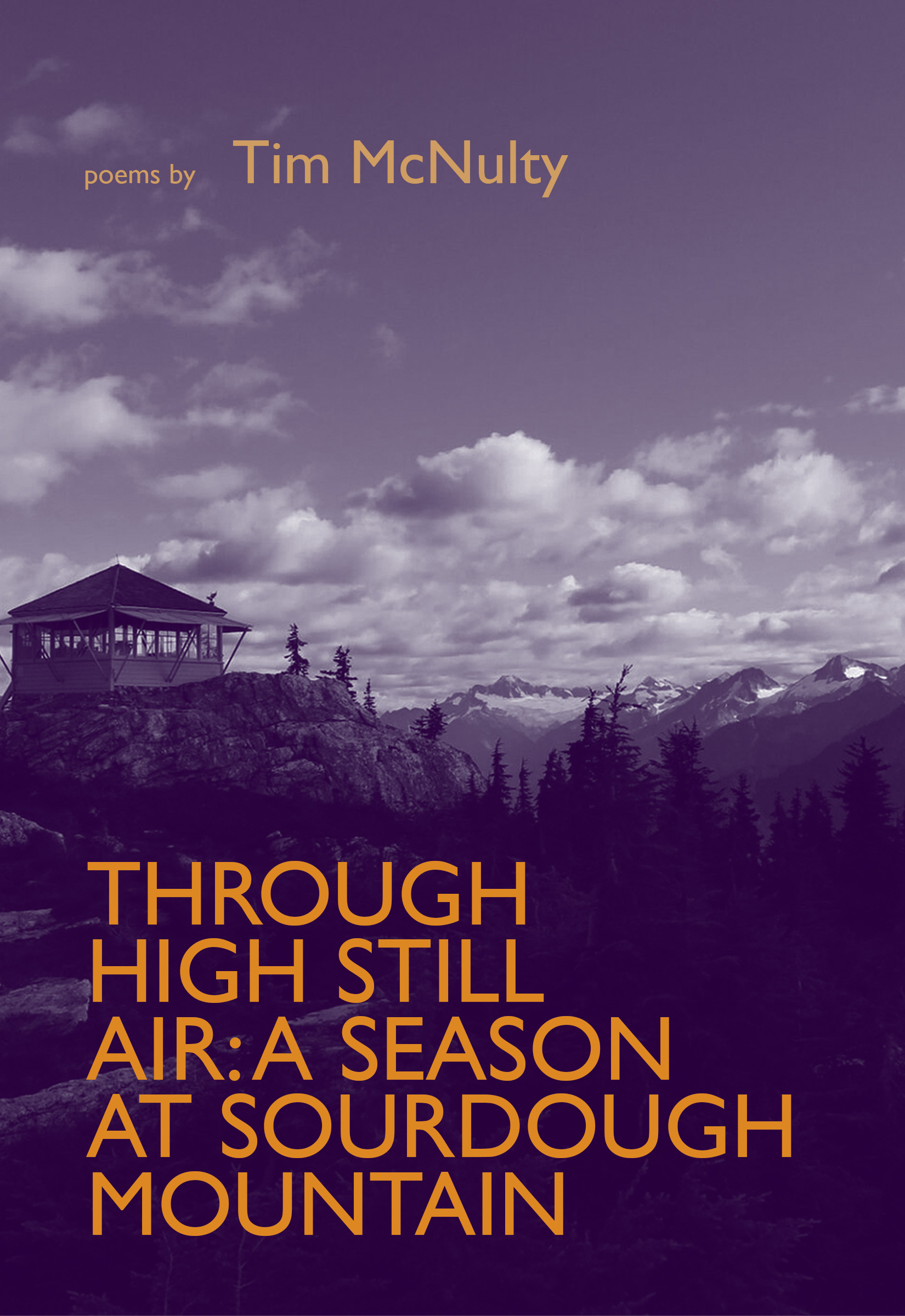
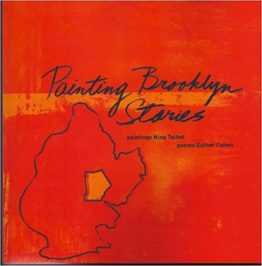
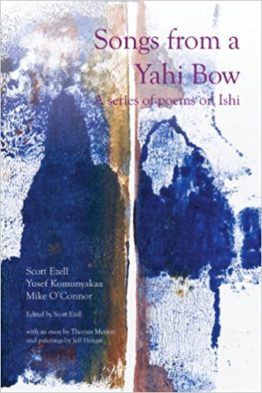
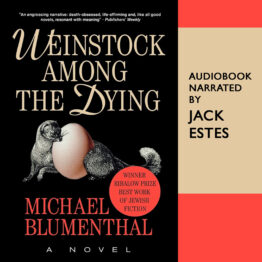
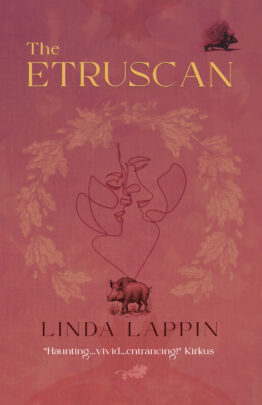
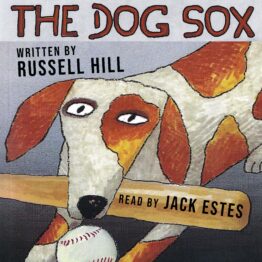
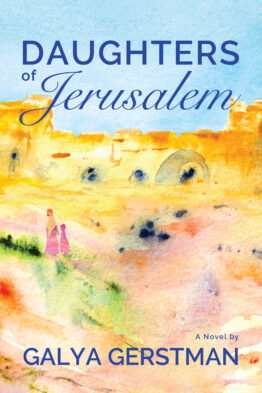
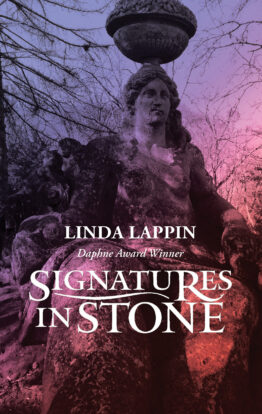
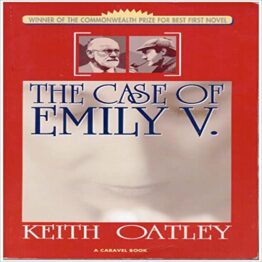
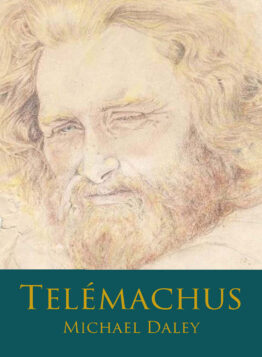
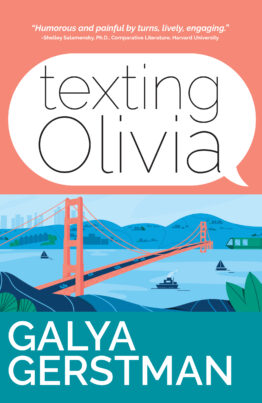

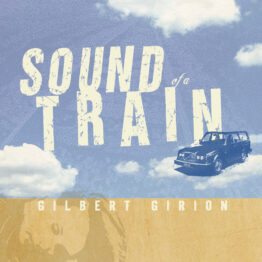
Jennifer Wong, Blog Review 36 –
Reading Amira Thoron’s For My Father is like trespassing someone’s dream. Through the retelling of childhood memories and family past, she brings the reader on a journey into her private world, a world with hidden fears and recurring questions. Her spare, lyrical language unites the poems, making each image evocative and symbolic, from the screech of a red-tail hawk circling the sky, to the touch of letters engraved on her father’s tombstone. The book opens with a powerful couplet:
Water seeks its own level;
there is a leak I cannot find.
By tracing poignant moments of family past, her personal remembrances of her father as well as recollections and condolence letters from the others, the protagonist attempts to return to the core of affection and warmth before the father’s death, only to discover that time and warped memories have displaced it.
If this is a requiem, it is one filled with silences and sensation, in which ‘the mind trips / the trips over itself’. The narrative is continuously interrupted by turns of disappointment and feelings of rejection. Deep in her memory, there is the poignant image of a child who appears in front of her parents’ bedroom, filled with anticipation but turned away with the words: “It’s too early. Come back later.”
There is much to admire in the skill with which the poet recreates personal history, connecting memories with imagination. Home is conjured as a source of strength, longing and also hidden threats. Poring through her family album, she questions if her father loved her. There is the child’s gaze at the timeless grace of the mother and grandmother, the ‘little silver coins’ on her mother’s dress or the ‘violet scent’ of the grandmother, yet at the same time the gulf between the three generations seems enormous.
In my family
we do not
speak of it.
We do not speak.
Moreover, such silences and distance felt at home are juxtaposed with shocking images from the child’s mind (“…she tried to kill me with the meat cleaver”) and things observed happening outside the house, such as raccoons tearing up fresh meat, offering an incomplete account of the truth, suggesting the impossibility to relive the past.
The sequence of poems ends with the protagonist’s spiritual return to her home, or family, confronting a troubled past with a renewed sense of hope. The closing image of drinking from a chalice comes across as somewhat melodramatic. Nevertheless, Thoron’s first collection is a satisfying read, a narrative marked by an enigmatic, lyrical voice, rich symbolism and intimate perceptiveness. I look forward to reading her next collection.
-Jennifer Wong’s latest collection, Goldfish, was published by Chameleon Press in 2013.
Fanny Howe –
These poems are like footprints that we follow into a receding horizon. While the poet glances up and down with the hopefulness of an innocent, we gladly go with her because of the way she talks about the natural world, its leaves and sticks and sea, and the ultimate, piercing quest she is on. These are beautifully wrought poems with an inexpressible story behind them. I think this paradox is what calls to us as readers.
Laura Cronk, poet and author of Having Been an Accomplice –
This book is a requiem. It is also a house. Each room is elegant and spare but with a feral grief coming in at every opening. For My Father, by Amira Thoron, is the debut of a poet with both exquisite technical skill and acute emotional perception. The speaker of these poems directly addresses the father who vanished and her yearning for him (I want to know you by touch). She reckons with the legacy of a beloved and distant grandmother whose affection was felt in the order she established and whose own grief and rage could only be expressed after she was dead (Today, she tried to kill me with the meat cleaver. / Left me slumped over the sink / with only two more potatoes to peel…) She also acknowledges the death we each carry within ourselves (I am full of leaves). She asks the only question that matters in the wake of death, where we are young forever in our loss – did you ever love me? This book is in many ways about the wilderness that can’t be avoided with our human efforts at ordering. Thoron accepts the artist’s responsibility – to find the technique and courage to speak, even in the depths of savage grief (I chose a cord / for my throat, / a tightening / against words / or was it / words / themselves / which coiled / around / my throat / and tugged / until / I would speak)